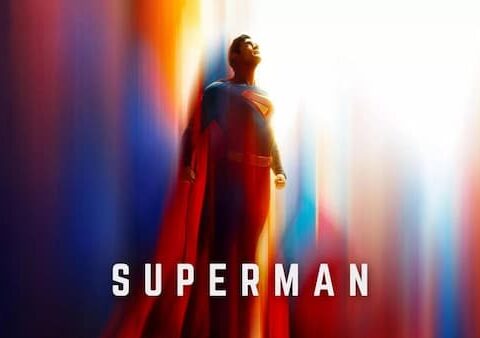It’s pretty well established that conclusions to big, epic story events are usually either a disappointment or an anti-climax – or both.
There are some exceptions. Age of X-Man: Omega comes close to being one of those exceptions.
While it leads inevitably to something of a reset or return to the status quo, it does also manage to provide meaning, substance and food-for-thought in its 30 pages of content.
It’s helpful that the final chapters of each of the Age of X-Man titles has ended with direct lead-in to this final wrap-up: so that Age of X-Man: Omega itself doesn’t have to cover too much plot ground and can instead focus in on the key themes and the central struggle.
What this book does really well is to frame this whole situation in terms of a moral and ideological debate with no easy answers.
As opposed to a finale that might’ve simply consisted of the various characters ganging up on Nate and finding a way back to the old reality, this book instead centers on long, drawn-out dialogue and argument – and not on action and heroics.
Which is a breath of fresh air.
I like that Nate has the chance here to explain himself, to try to justify his actions and the existence of this reality. And I like even more that not everyone disagrees with him.
We see a split in the group, with the likes of Magneto, Nightcrawler and Colossus, for example, appearing to sympathise with Nate’s actions and retain an affinity for this world he has created – even after all of his deception and manipulation has been revealed. When Colossus talks about this reality possibly being better than the reality they’d be going back to, it’s clear that this isn’t a black-and-white issue.
And when Nature Girl practically begs to not have to leave the ‘Age of X-Man’ and go back to the prime reality, it’s a really poignant moment that demonstrates that there’s some good and value in what Nate has created.
There’s a degree of complexity and uncertainty here that I wasn’t expecting – and that I find very refreshing. Nate is not an outright villain – what he’s done was motivated by various, complex and even well-meaning ideas. And the ‘Age of X-Man’ is not an outright nightmare world: it may be built on deception and manipulation, but the message seems to be that even the lie can provide comfort and security for some people, even after they’ve already found out it’s a lie.
That’s interesting stuff.
It’s also to the writing’s credit that consideration is also given to all the various mutants who live in this reality of Nate’s – and who’s lives will be wiped out if the X-Men destroy what Nate has been maintaining all this time. This provides yet another grey area, yet another element of moral uncertainty.
With all of this taken into account, Age of X-Man: Omega stands out as a very well written, intelligent and thoughtful finale – one that doesn’t seek easy answers, tidy morality or black-and-white resolutions.
The ending, with Magneto and Nate seemingly coming to an interesting – if somewhat ambiguous – resolution, is also interesting. While there is a ‘return’ of our characters to the mainline X-Men reality, as expected – it isn’t quite so tidy as one would think. And there’s enough ambiguity here at the end to keep you wondering.
It’s about as good a finale as I could’ve expected.
And, overall, this has been an engaging, worthy and memorable several months of storytelling (you can read my overall ‘Age of X-Man’ review here).
In fact, having already started reading the next big X-Men event (the currently-unfolding ‘House of X’ and ‘Powers of X’ books), I already find myself wistful for these Age of X-Man books and the stellar Uncanny X-Men run that accompanied them (reviewed here): because I really haven’t been enjoying House of X or Powers of X so far… and it’s really serving to emphasise how good the whole Age of X-Man thing was, by comparison.
–





